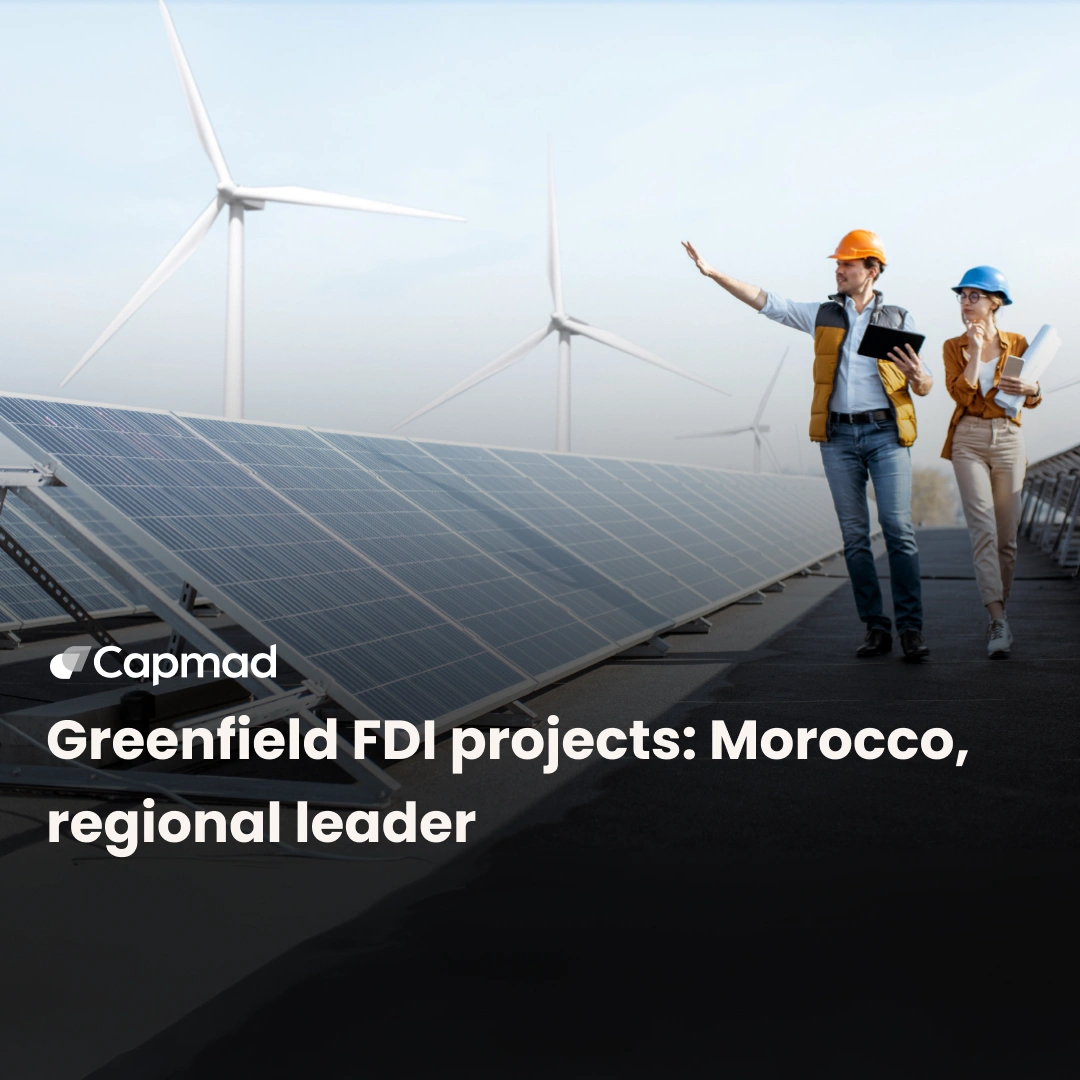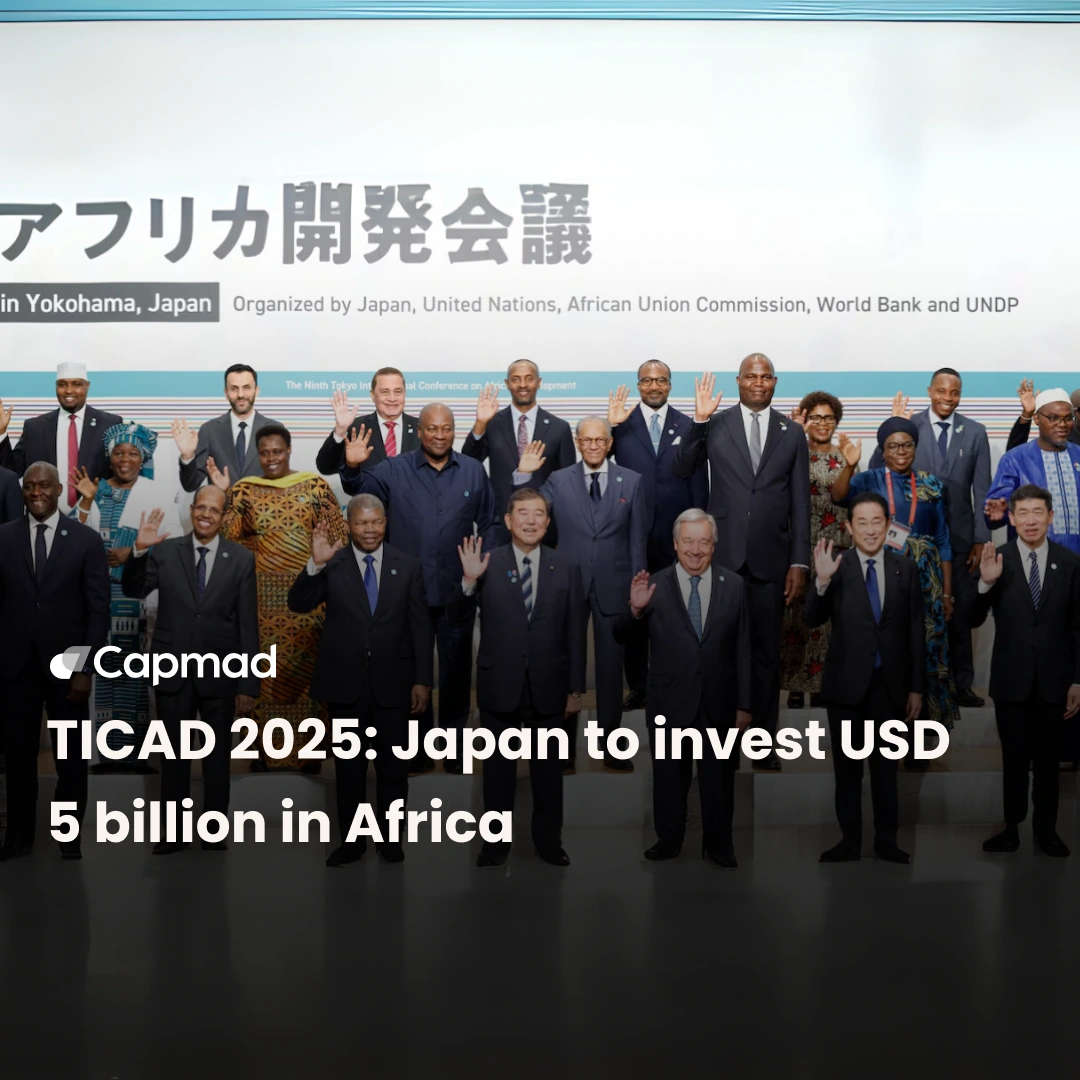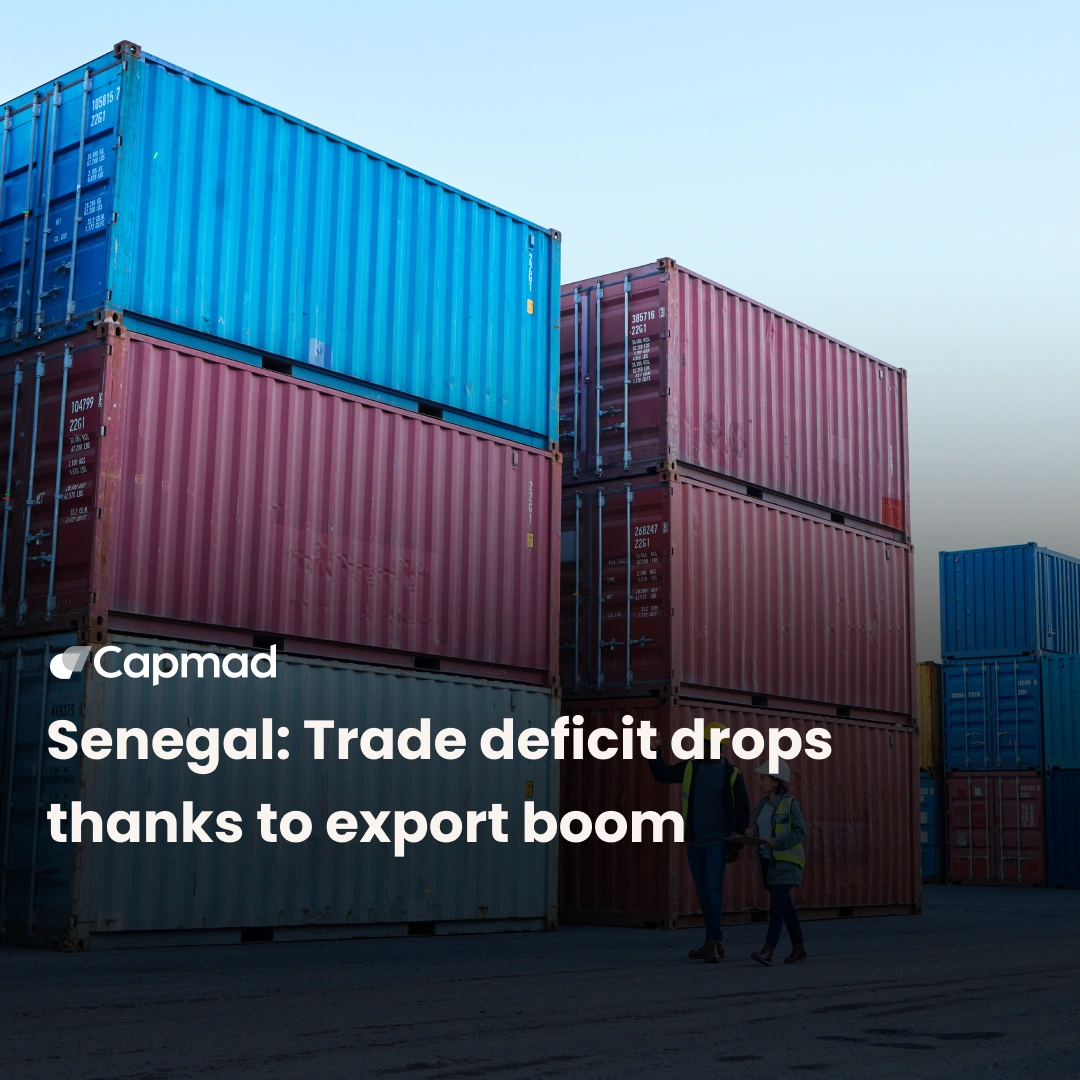Limited global economic growth over several years deepens inequalities and worsens poverty, particularly in developing countries. This situation undermines efforts to reduce economic disparities. Concrete actions are needed to change this situation.
Stagnation of the global economy
The global economy is progressing too slowly, hindering initiatives to combat poverty and inequality. During the G20 meeting in Rio de Janeiro in July 2024, finance ministers and central bank governors discussed economic outlooks and strategies to stimulate growth.
According to the latest forecasts from the International Monetary Fund (IMF), global growth is expected to reach 3.2 % in 2024, with a slight increase to 3.3 % in 2025. These figures remain well below the 3.8 % average recorded before and during the pandemic. Moreover, medium-term growth prospects remain historically low.
Encouraging but insufficient resilience
Despite global economic crises, some economic resilience is observed worldwide. Recessions are less severe than expected, even as central banks have raised interest rates to control inflation. However, this resilience remains insufficient, especially after years marked by the pandemic crisis. Weak economic growth only exacerbates existing poverty and inequalities.
Furthermore, economic stagnation over more than four years can increase income inequality by 20 % within countries—a more alarming projection than a traditional recession. Stagnation slows job creation and wage growth, often leading to higher structural unemployment and lower worker incomes. Additionally, limited fiscal space worsens these disparities, further widening income gaps.
Eradicating poverty by 2030 : SDG 1 seems out of reach
Even before the COVID-19 crisis, global poverty reduction showed limited results. The pandemic then led to a disproportionate increase in poverty, an unprecedented phenomenon in at least 25 years. This crisis has undone progress made in reducing extreme poverty and inequality. In 2020, the number of people living in extreme poverty likely increased by 11 %, or about 90 million more people than previously forecasted.
Since then, progress in fighting poverty has been slow and uneven. In 2021, a slight recovery was observed, but at levels similar to those before the pandemic, insufficient to compensate for the losses in 2020. Global circumstances, including the Russia-Ukraine conflict and the economic slowdown in China, have further slowed poverty reduction in 2022. By 2030, the poverty rate could reach 7 %, well above the 3 % target, making achieving this goal increasingly difficult.
Building a prosperous and equitable world : Necessary measures
Promoting inclusive economic growth
Inclusive growth is essential to effectively combat hunger, inequality, and poverty. This requires increasing productivity by redirecting labor and capital to the most dynamic businesses. A strategic reform program is also needed to revive medium-term growth, including promoting competition and access to financing. These actions enable better resource allocation and stimulate long-term productivity.
Furthermore, female inclusion in the workforce can mitigate the negative effects of demographic aging on growth. Free trade also plays a key role in global productivity. Over the past 40 years, borderless trade has doubled the average income per person and helped over one billion individuals escape extreme poverty. Trade now represents 50 % of global GDP.
Implementing budgetary reforms
Budgetary policies must address the needs of the most vulnerable populations. This is especially important in developing countries, where debt payments consume a large portion of revenues. A progressive approach is needed: increasing tax revenues through equitable taxation of capital and wealth.
Maintaining transparency and combating corruption to build taxpayer trust is crucial. Additionally, preserving social programs, such as school meals or pensions, helps reduce inequalities. Targeted initiatives, such as Brazil’s Bolsa Familia program, provide significant support to vulnerable individuals.
Strengthening global financial security
To ensure robust global financial security, effective support for struggling countries is necessary. The IMF is committed to reforming its lending mechanisms, particularly by adapting its poverty reduction and growth trust fund to meet increasing post-pandemic needs. Sustainable funding for this fund is crucial, as is revising additional fees to offer loans on more favorable terms.
The recent increase in permanent resources, approved by members, has maintained lending capacity. The G20 is now invited to ratify this increase. It is imperative not to neglect countries and individuals marginalized by economic and technological advances. With appropriate policies and international cooperation, a fair and prosperous future remains within reach.







